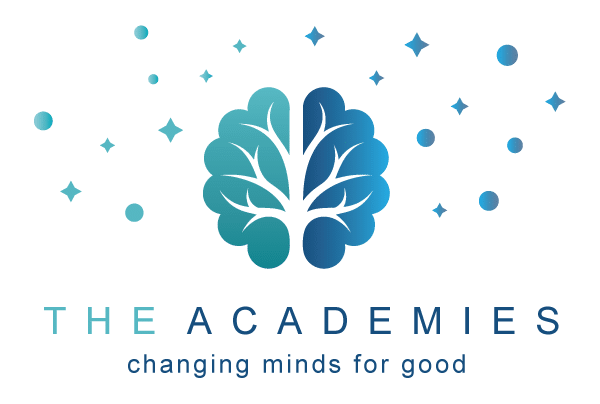If you’re a coach, a leader, a manager, or in any type of role where you’re involved in supporting behavior change in others, it’s important to be aware of what goes into learning, memory, and retention. Today, I’m exploring four things your brain needs to learn and remember so keep reading to learn more!
According to Dr. Wendy Suzuki, Dean of Arts and Science at New York University, there are four ingredients the brain needs to make things memorable, which she shared in a podcast with Dr. Andrew Huberman.
Novelty
The first thing to remember is that the brain loves novelty — novelty, as in “new,” that is. We’ve got to find a balance between something new, it should be new and different, where somebody says, “Oh, I haven’t seen that before!” With that, you just want to be cautious about not having so much novelty that you end up causing people to get distracted. So have some measure of novelty, that’s the first thing that the brain needs to have some memory consolidation.
Repetition
The second thing that the brain needs to bring memory and new learning online is repetition. It’s not just a one-and-done thing. One sit-up or crunch at the gym won’t get us in great shape. It’s repeating, repeating, repeating new behaviors, new ways of being, new ways of communicating, new ways of expressing yourself — whatever the new way of being is that you want to do, it’s got to be repeated to build new neural connections.
Association
The third item is association. Association means you link the new idea with something you already know. This is what I love about being in coaching education and training with experienced professionals. They come with so much information, knowledge, and experience! They have so much to build on. And so when they figure out how to associate a new behavior, such as a new way of listening, a new way of speaking, a new way of delegating, or a new way of behaving with something that is already known to them, there will be a much better chance of memory consolidation.
Emotional Resonance
The fourth and final thing that the brain needs to learn and remember is emotional resonance.
In the coach education courses we teach, we make a very concerted effort to build psychological safety so that people feel emotionally comfortable and safe together. When we can laugh together, feel compassion towards one another, find gratitude in the learning experience, share excitement for the wins, and have compassion for the bumps in the road — all of that creates positive emotional resonance.
Final Thoughts
Although I’ve presented these four ingredients in the manner I first heard them from Dr. Suzuki, if you rearrange them, they make up the acronym NEAR – Novelty, Emotional Resonance, Association, Repetition.
May your new learning and memory be NEAR-er than you think!
If you’d like to dig deeper into these brain-friendly concepts to change minds for good, check out The Academies’ neuroscience-based coaching certification programs. Take a peek at our coaching courses, and contact us or schedule a call to explore your curiosities!
